Kit by: Amy Bohnenkamp
Sustainable Textiles Consultant, NYC
If you’re new to sustainable and ethical apparel, here’s your cliff notes of brands you need to know about. All are taking a stand against the fashion industry (the third most polluting industry in the world), by questioning, challenging, and changing the norms in design, manufacturing and retail practices. From developing sustainable fabrics, incorporating supply chain transparency, and communicating a commitment to ethically sourced raw materials and meaningful customer interactions — these companies tackle sustainable products and ethical retailing from diverse points of view. They seek to engage conscious consumers by educating them about their products and processes, and therefore seek to make both the fashion industry and the consumer market more aware about the impact clothing has on the planet.
top-sustainable-fashion-brands-ethical-fashion-brands-sustainable-clothing-ethical-clothing
Discover a kit of the top sustainable and ethical fashion brands with eco-friendly, ethical clothing and apparel. Plus, learn about the brands themselves. Discover a kit of the top sustainable and ethical fashion brands with eco-friendly, ethical clothing and apparel. Plus, learn about the brands themselves. Discover a kit of the top sustainable and ethical fashion brands with eco-friendly, ethical clothing and apparel. Plus, learn about the brands themselves. Discover a kit of the top sustainable and ethical fashion brands with eco-friendly, ethical clothing and apparel. Plus, learn about the brands themselves. Discover a kit of the top sustainable and ethical fashion brands with eco-friendly, ethical clothing and apparel. Plus, learn about the brands themselves.
Sustainable & Ethical Fashion 101
Sustainable Apparel. Ethical Clothing Brands. A Movement Towards Conscious Consumption.
100% Recycled Nylon, Bluesign® Approved Shell Winter Jacket
By: Patagonia
Patagonia
The company’s founder, Yvon Chouinard, is known as the “anti-business businessman.” He got his start after the innovative rock climbing equipment he invented became a hot commodity in his local climbing community in the early 60’s. Later, he added a super durable rugby shirt into his product line, which quickly became the primary product his very small company sold. He later changed the company name to “Patagonia” — and men’s and women’s outdoor apparel became the focus of his business. While Patagonia is known for being revolutionary in making environmentally-thoughtful choices through every step of the design, manufacturing and retailing processes, they are radical in the way they interact with their customers about topics related to sustainability and social responsibility; they encourage their customers to only buy products that they actually need, and will repair or replace any of their own products in select stores, free of charge.
A Better Alternative
The brand is perhaps best known for their rain shells. Their newest men’s version has 100% Bluesign Approved nylon and is completely waterproof.
Mini Tote Made from Recycled Polyester & Recycled Plastic Bottles (Vegan/Cruelty-Free)
By: Stella McCartney
Stella McCartney
Stella is every cruelty-free fashion girl’s hero, as the founder of the “world’s first and only vegetarian luxury brand”. While all of her competitors are known for using rich leathers, rare furs, and exotic animal skins in their designs — her brand takes a stand against the unethical sourcing and chemical processing of these materials, and instead developed sustainable and ethical alternatives. The beauty of her apparel, handbag and accessory designs hold their own against the “Chanels” of the world and has made “vegan leather” desirable, rather than a material associated with cheap, mass-produced products. Along with this mission, Stella and her parents, Paul and Linda McCartney, also founded the “Meatless Monday” movement, which encourages people to curb their meat consumption by cutting meat out of their diet one day per week.
A Better Alternative
The “Fallabella” is Stella’s signature bag, embellished with silver chain links and irresistible color options.
Organic Linen Knit Tunic
By: Eileen Fisher
Eileen Fisher
When you think of stereotypical eco-friendly apparel, complete with a soft, earthy color palettes, natural fibers and loose-fitting silhouettes, Eileen Fisher’s line fits the bill exactly. This women’s apparel company is a game-changer in terms of developing a thoroughly sustainable product line. It is known by the fashion industry for it’s comprehensive approach to creating eco-friendly fabrics. Through their Vision 2020 campaign, they have pledged to use 100% organic linen and cotton fibers by 2020 and reduce their use of viscose. They use natural, chemical-free dyeing methods, and even have a line of un-dyed cashmere sweaters. This thoughtful mentality doesn’t stop with materials; they monitor their factories closely to ensure healthy and ethical working conditions and develop select products domestically to cut down on carbon emissions associated with transportation.
A Better Alternative
This jacket is made from 100% organic, un-dyed linen and has a lovely, natural texture.
Cotton Crew
By: Everlane
Everlane
Most ethical business professionals will tell you that the root of so many environmental and worker’s rights problems start with an untraceable supply chain and a lack of corporate transparency. Everlane is challenging the industry status quo by boasting “radical transparency” to their customers, giving them visibility from everything to where their clothes come from and what the company’s pricing model is. They sell classic pieces for both men and women, but distinguish their product line by showing typical retail markups and how they set their own prices. Instead of having sales, they have a “choose your price” option so customers can see different retail markdowns. Their merchandising is also very different from other retailers and encourages conscious buying. Instead of releasing seasonal products four or more times per year, almost all products are sold year-round in neutral colors and classic, wearable styles. They understand that most people shop for one item at a time rather than buy a new closet every season, and have organized their product assortment as such. Having season-less products encourages consumers to buy new items when they need them rather than when they simply want them.
A Better Alternative
The brand started out selling classic tees. Here’s the men’s “classic crew” in 100% milled cotton, milled and sewn in LA.
Addilyn Dress
By: The Reformation
The Reformation
Reformation is on a mission to “make killer clothes that don’t kill the environment”. The brand uses a variety of eco-friendly textiles and dyes to create casual, sexy clothing for women. They have also developed the “RefScale”, which shows the amount of CO2, water savings, and waste savings for each clothing item they sell compared to the industry standard. They are a perfect entry point to the world of sustainable fashion because they have trendy styles and do a great job of educating consumers about the fabrics they use and the impact they have by using special hang tags and putting in-depth descriptions on their website. They’ve even started a wedding line, complete with dresses for the bride, bridesmaids and guests.
A Better Alternative
The Addilyn dress is classic Reformation – a floor-length wrap dress with a deep V and leg slit in a floral print.
View Our Research Standards.
Each of our six badges has its own unique set of metrics. These are some of the qualities (i.e., metrics) we try to look into when assessing a product and brand with respect to each of our badges:
Socially Responsible (purple triangle):
+ Does the company abide by Fair Trade Practices, or is it Fair Trade Certified;
+ Is there a commitment to Corporate Social Responsibility (CSR);
+ Is the company philanthropic – does it donate goods or services to environmental or humanitarian efforts;
+ Does the brand promote corporate transparency;
+ Are there any community engagement initiatives set in place;
+ Does the company communicate healthy and equitable working conditions along the supply chain;
+ Does the brand abide by fair and honorable employment values;
+ Is there a disclosure of sourcing methods, and are such materials or ingredients sourced responsibly;
+ Does the brand have a cause-driven mission towards human & environmental health & well-being.
*We do not conduct in-person audits. Oftentimes we will consult the language and standards set by third-party certifications and seals such as Fair Trade Certified, B Corp Certified, Rainforest Alliance Certified, Green America Certified, etc. We will, however, do independent research with respect to certain badges and utilize peer-reviewed articles. Also, please note that according to the Journal of Economics and the EPA, “social responsibility” does include practices and commitments that support environmental health and well-being; thus, the qualities of this badge may overlap with our other badges.
Eco-Conscious (red triangle):
+ Does the company practice sustainable modes of production;
+ Is the product composed of materials and/or ingredients that are biodegradable;
+ Are the materials and/or ingredients compostable;
+ Does the company have carbon reduction or mitigation strategies set in place;
+ Do the involved materials and/or ingredients have a relatively low environmentally impact;
+ Does the company utilize reduce or reuse principles in their facilities;
+ Does the company use renewable or efficient energy technologies in the production of their good(s);
+ Are there practices in place that work to maintain ecosystem biodiversity;
+ Is environmental stewardship a part of their business model.
*We aim to be transparent and objective when it comes to labeling a product as “Eco-Conscious”, and reject “greenwashing”. According to marketing and advertising standards set by The Federal Trade Commission’s (FTC) Green Guides, it is most accurate to communicate not that a product is necessarily “good” for the environment, but that it is a “better environmental alternative”. This is the message we aim to communicate in labeling a product as “Eco-Conscious”.
Quality Materials/Ingredients (M/I) (green triangle):
+ Does the product contain organic or certified organic m/i;
+ Is there a significant degree of m/i ‘naturalness’;
+ Is the product non-GMO or Verified Non-GMO;
+ Are the m/i biodegradable;
+ Are the m/i compostable;
+ Do the m/i raise little to no concern in terms of m/i toxicity;
+ Is the product treated with harsh chemicals;
+ Is there a healthy ratio of synthetic or artificial m/i to natural m/i;
*For select “Pantry” products, we may look into health and nutritional value.
*For select products, we may consult reviews to assess m/i effectiveness.
*Generally, these are the ingredients that we try to steer clear of: Acesulfame-K (acesulfame potassium), Acetylated ester of mono- and diglycerides, Ammonium chloride, Antibiotics, Artificial colors (Synthetic and FD&C Certified), Artificial flavors, Aspartame, Astaxanthin, Azodicarbonamide, Bentonite, Benzoates, BHA (butylated hydroxyanisole), BHT (butylated hydroxytoluene), Bisulfites, Bromated flour, Brominated vegetable oil (BVO), Calcium bromate, Calcium disodium, EDTA, Calcium peroxide, Calcium propionate, Calcium stearoyl-2-lactylate, Calcium sorbate, Caprocaprylobehenin Carmine, DATEM (diacetyl tartaric and fatty acid esters of mono and diglycerides), Diglycerides (acceptable in supplements), Dimethylpolysiloxane, Dioctyl sodium sulfosuccinate (DSS), Disodium calcium EDTA, Disodium dihydrogen, Disodium guanylate (GMP), Disodium succinate, Dimethylamylamine (DMAA)… Read more at Free From 101.
To see the rest of our badges and read our full list of indicators, please visit our “About” page.
Hey, I’m Amy! I play with fabrics by day, stay active by night, and have my sustainability thinking cap on everywhere in-between. I’m a Midwest girl with a head for design and a passion for exploring new foods, places and sources of creative inspiration. My home in Queens, NY has inspired me to take action in environmental issues and to show others how easy it can be to make conscious choices that make a big impact on the planet.
Have a question? I’ll answer.
Hippie Soulstice: Everyday Eco Ethical Fashion, Handmade w/ Upcycled Fabrics
How To Save Money, While Reducing Paper Waste in Your Kitchen #ZeroWasteKitchen
How to Be Green & Energy Efficient at Home, Using New Modern Tech
Minimalist Eco Ethical Clothing: Jackets, Tops, Shoes & More, in Black
5 Top Reviewed, Best Apps for Stopping, Combating Climate Change
How to Reduce Your Carbon Footprint: 5 Best Green Tech Essentials
Get on the list.


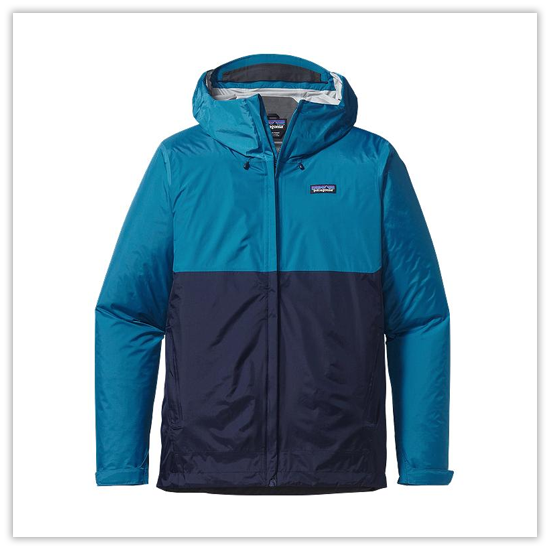
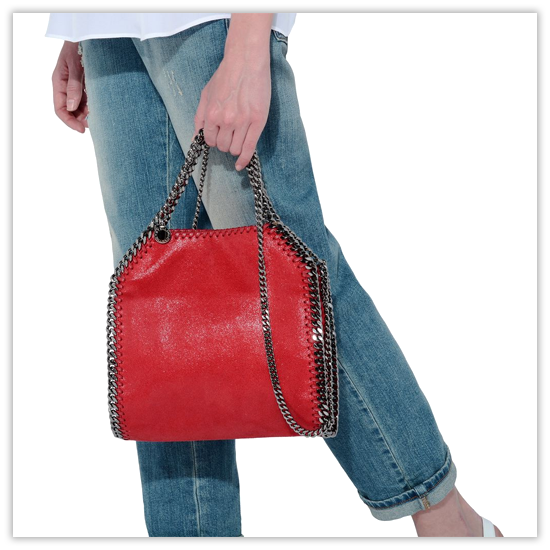
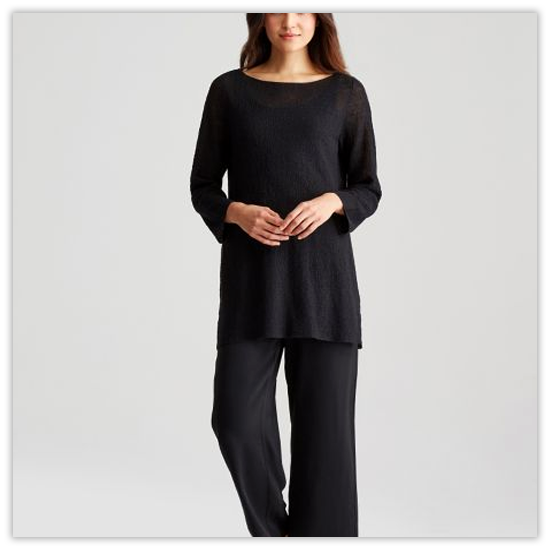
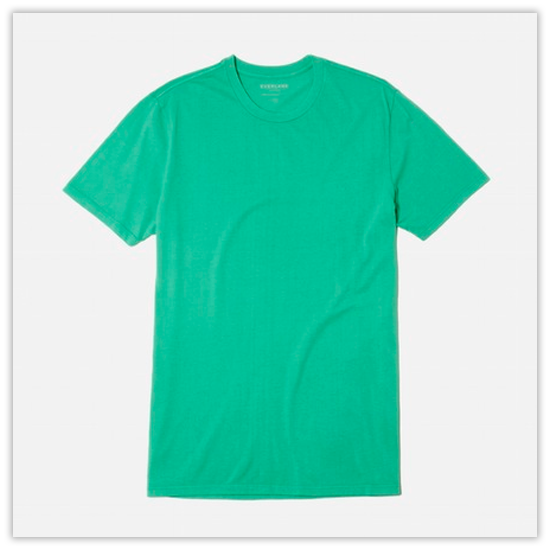
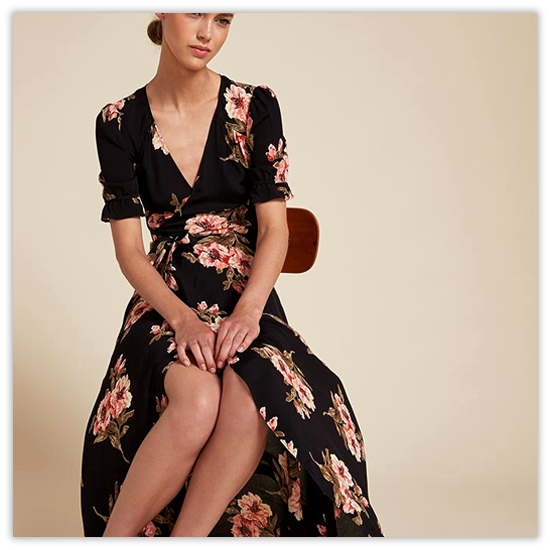
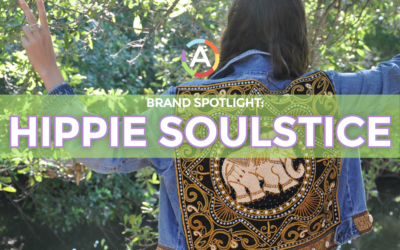
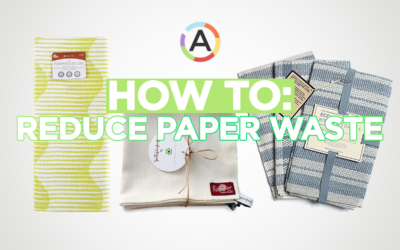
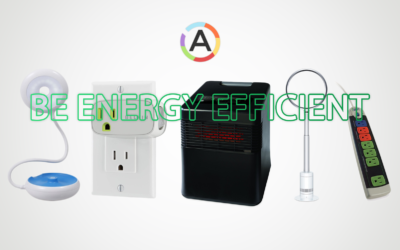
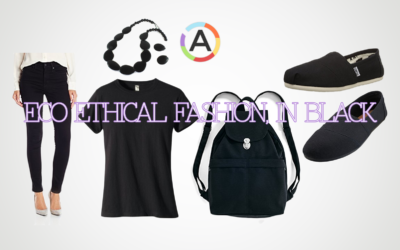
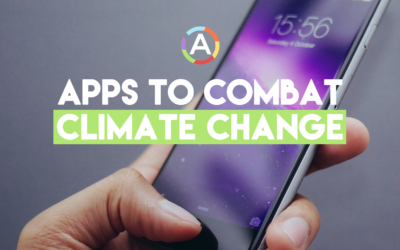
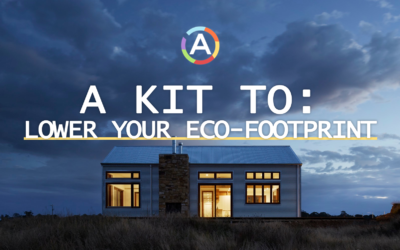

0 Comments